Directory
- Share
Jane Abbottsmith
- Alumni
- United States
- 2012 MPhil Theology and Religious Studies
- Clare College

Jane Abbottsmith
- Alumni
- United States
- 2012 MPhil Theology and Religious Studies
- Clare College
David Abugaber-Bowman
- Alumni
- United States
- 2014 MPhil Theoretical & Applied Linguistics
- Wolfson College

David Abugaber-Bowman
- Alumni
- United States
- 2014 MPhil Theoretical & Applied Linguistics
- Wolfson College
I was born in Mexico but moved to Texas as a child. My background in a bilingual household first inspired me to study linguistics at Princeton University. Today I am interested in how new experimental methods such as fMRI, EEG, MEG, and mass online questionnaires allow us to test linguistic theories from the 20th century like never before, and how these can be applied to the field of second language acquisition. The way I see it, an individual language teacher may teach somebody how to fish, but a psycholinguist could one day help ""teach somebody how to teach somebody how to fish."" In this way, I want to help give others access to the same opportunities I had as a speaker of the lingua franca in a linguistically unequal world.
Naoki Arakawa
- Alumni
- Japan
- 2018 PhD Astronomy
- Darwin College

Naoki Arakawa
- Alumni
- Japan
- 2018 PhD Astronomy
- Darwin College
Scott Arcenas
- Alumni
- United States
- 2010 MPhil Classics
- Clare College
Scott Arcenas
- Alumni
- United States
- 2010 MPhil Classics
- Clare College
Up through my senior year in high school, I intended to study politics and then to pursue a career in public policy, but as a freshman in college I was--very fortunately, as it turns out--forced to take a year of Latin in order to fulfill my language requirement. Much to my surprise, I immediately fell in love with both the language itself and the world of ancient history to which it gave me access. As an undergraduate, I devoted much of my attention to the study of Athenian democratic reform, and I hope to continue my research on that topic as an MPhil candidate at Cambridge. My ultimate goal is to obtain a PhD and eventual employment as a university professor, for I can think of nothing more rewarding than the opportunity to share my love for the ancient world with those who, like me, were not fortunate enough to encounter Classics prior to college.
Nathan Arrington
- Alumni
- United States
- 2003 MPhil Classics
- Peterhouse

Nathan Arrington
- Alumni
- United States
- 2003 MPhil Classics
- Peterhouse
Sara Asrat
- Alumni
- United States
- 2006 PhD Modern European History
- Trinity Hall

Sara Asrat
- Alumni
- United States
- 2006 PhD Modern European History
- Trinity Hall
I am interested in the historical evolution of modern racial categories, and the current socioeconomic repurcussions of early western encounters with the racial "other." At Cambridge I hope to explore differences in the imagery used to describe nonwhite peoples accross class lines in the late 18th century. This topic appeals to me both historically and as a way of approaching the unhealthy contemporary intersection of race and class status.
Emad Atiq
- Alumni
- Pakistan
- 2009 MPhil Philosophy
- Trinity College

Emad Atiq
- Alumni
- Pakistan
- 2009 MPhil Philosophy
- Trinity College
While officially majoring in economics with a minor in applied mathematics, I completed requirements for a BA in philosophy at Princeton. At Cambridge I wrote my Mphil. thesis on the communicative dimension to blame and holding people morally responsible. I was supervised by Simon Blackburn. I am pursuing a JD at Yale Law School. I intend to ultimately pursue a PhD in philosophy to supplement the JD, exploring the role of responsibility and freedom in both criminal law and moral theory
Louis Ballezzi
- Alumni
- United States
- 2003 MPhil BioScience Enterprise
- Churchill College

Louis Ballezzi
- Alumni
- United States
- 2003 MPhil BioScience Enterprise
- Churchill College
Nicole Basta
- Alumni
- United States
- 2003 MPhil Epidemiology
- Homerton College
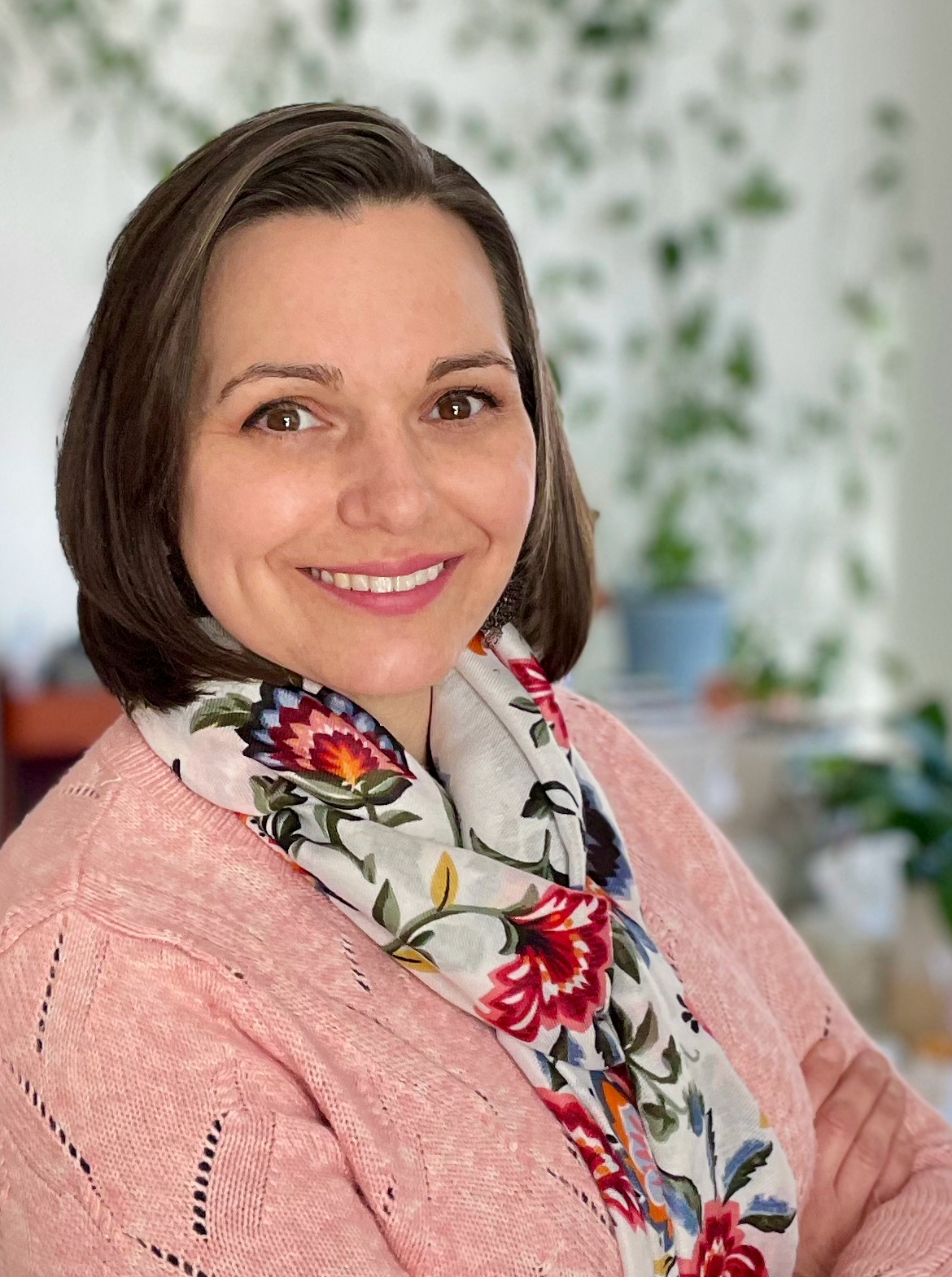
Nicole Basta
- Alumni
- United States
- 2003 MPhil Epidemiology
- Homerton College
As an infectious disease epidemiologist, I conduct research focusing on vaccines and vaccine-preventable diseases. I aim to understand the transmission dynamics of infectious diseases, to assess the impact of vaccines and vaccination programs, and to determine optimal strategies for communicable disease prevention and control. Currently, I am an Associate Professor in the Department of Epidemiology and Biostatistics at McGill University.
Previous Education
Princeton University A.B. Ecology and Evolutionary Biology 2003
Links
http://www.nicolebasta.com
https://www.linkedin.com/in/nicole-e-basta
Amy Bates
- Alumni
- United States
- 2002 Dip Economics
2003 MPhil Economics & Development - Queens' College

Amy Bates
- Alumni
- United States
- 2002 Dip Economics
2003 MPhil Economics & Development - Queens' College
Adam Berman
- Alumni
- United States
- 2018 PhD Cancer Research UK Cambridge Institute PhD Programme
- Homerton College
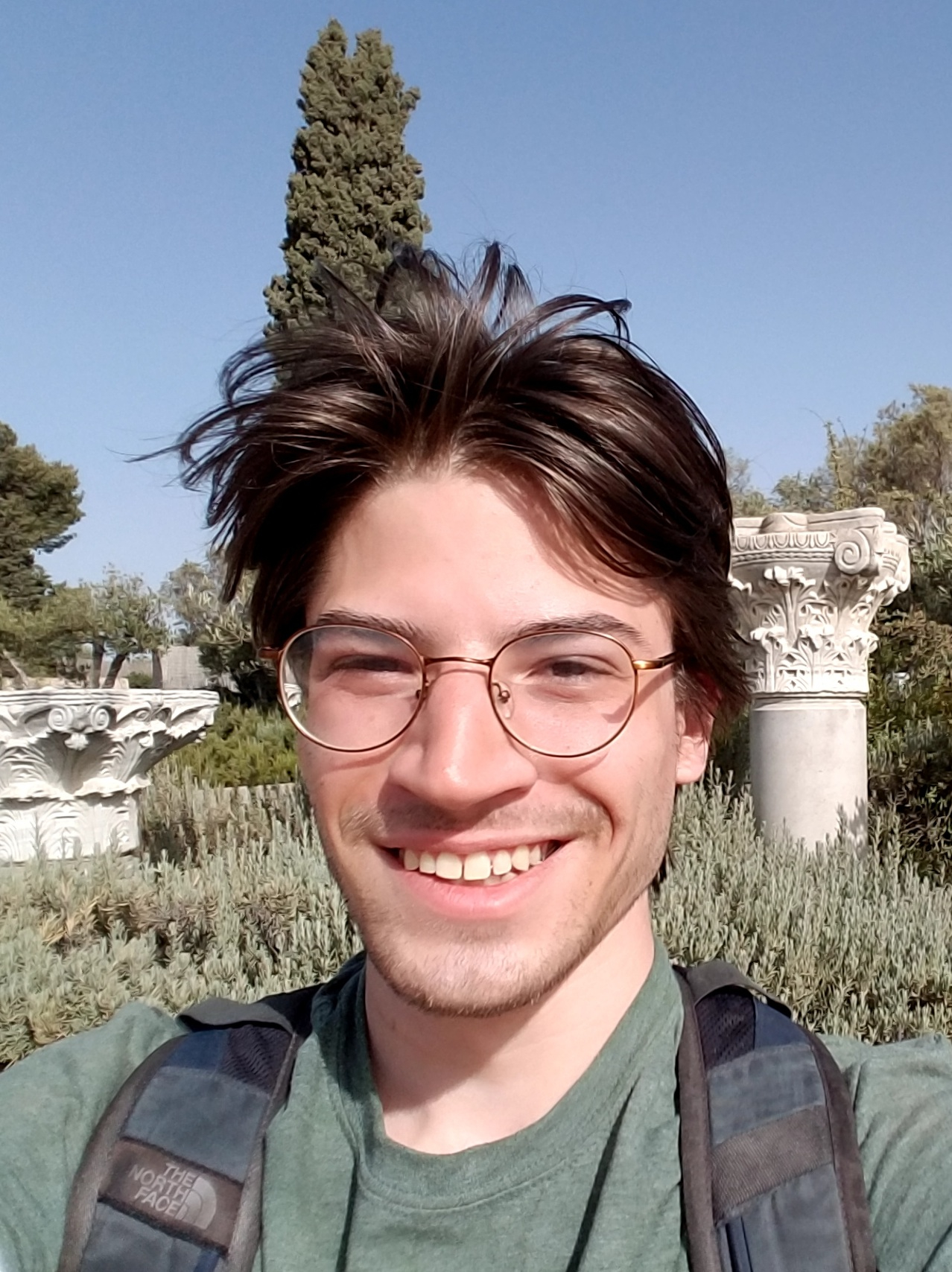
Adam Berman
- Alumni
- United States
- 2018 PhD Cancer Research UK Cambridge Institute PhD Programme
- Homerton College
After growing up in San Antonio, Texas, I undertook my undergraduate studies at Princeton University, where I am completing a degree in computer science. During my studies at Princeton, I discovered computational biology, and began working under Professor Mona Singh. My independent work revolves around constructing a computational pipeline capable of leveraging cancer genomic and transcriptional data to identify metabolites closely associated with breast cancer. These cancer-associated metabolites, or "driver metabolites," could prove key for understanding the metabolic alterations that form a hallmark of cancer development. At the Cancer Research UK Cambridge Institute, I aim to continue my exploration of cancer metabolism and cancer evolution. In particular, I would like to explore structural and network-based models for understanding metabolic pathways important to cancer. These two areas should greatly refine my pipeline, improving its ability to uncover driver metabolites. It is my hope that augmenting our understanding of cancer metabolism and driver metabolites will open up new venues for cancer drug development and treatment.
Previous Education
Princeton University
Suneel Bhat
- Alumni
- United States
- 2006 MPhil Epidemiology
- St John's College

Suneel Bhat
- Alumni
- United States
- 2006 MPhil Epidemiology
- St John's College
I have spent the better part of recent years involved in biomedical research. The course at Cambridge is an initial step away from the lab into a broader perspective on health, encompassing societal and political aspects. After completing my time in Cambridge I will be returning to the United States to start up medical school. In the future, I hope to work at the interface between medicine, ethics, policy, and economics.
Christopher Bohn
- Alumni
- United States
- 2006 PhD Chemical Engineering
- Christ's College

Christopher Bohn
- Alumni
- United States
- 2006 PhD Chemical Engineering
- Christ's College
My research at Cambridge focuses on the production of hydrogen for fuel cells and carbon capture and storage. I was born in Austria and attended Gymnasium before returning to the US for high school. I graduated from Princeton University in 2006 with a degree in Chemical Engineering.
Rachel Bolten
- Alumni
- United States
- 2012 MPhil English Studies
- Clare College
Rachel Bolten
- Alumni
- United States
- 2012 MPhil English Studies
- Clare College
Ryan Brandau
- Alumni
- United States
- 2003 MPhil Musicology
- Jesus College

Ryan Brandau
- Alumni
- United States
- 2003 MPhil Musicology
- Jesus College
Erica Cao
- Alumni
- United States
- 2013 MPhil Music Studies
2017 PhD Music - Clare College
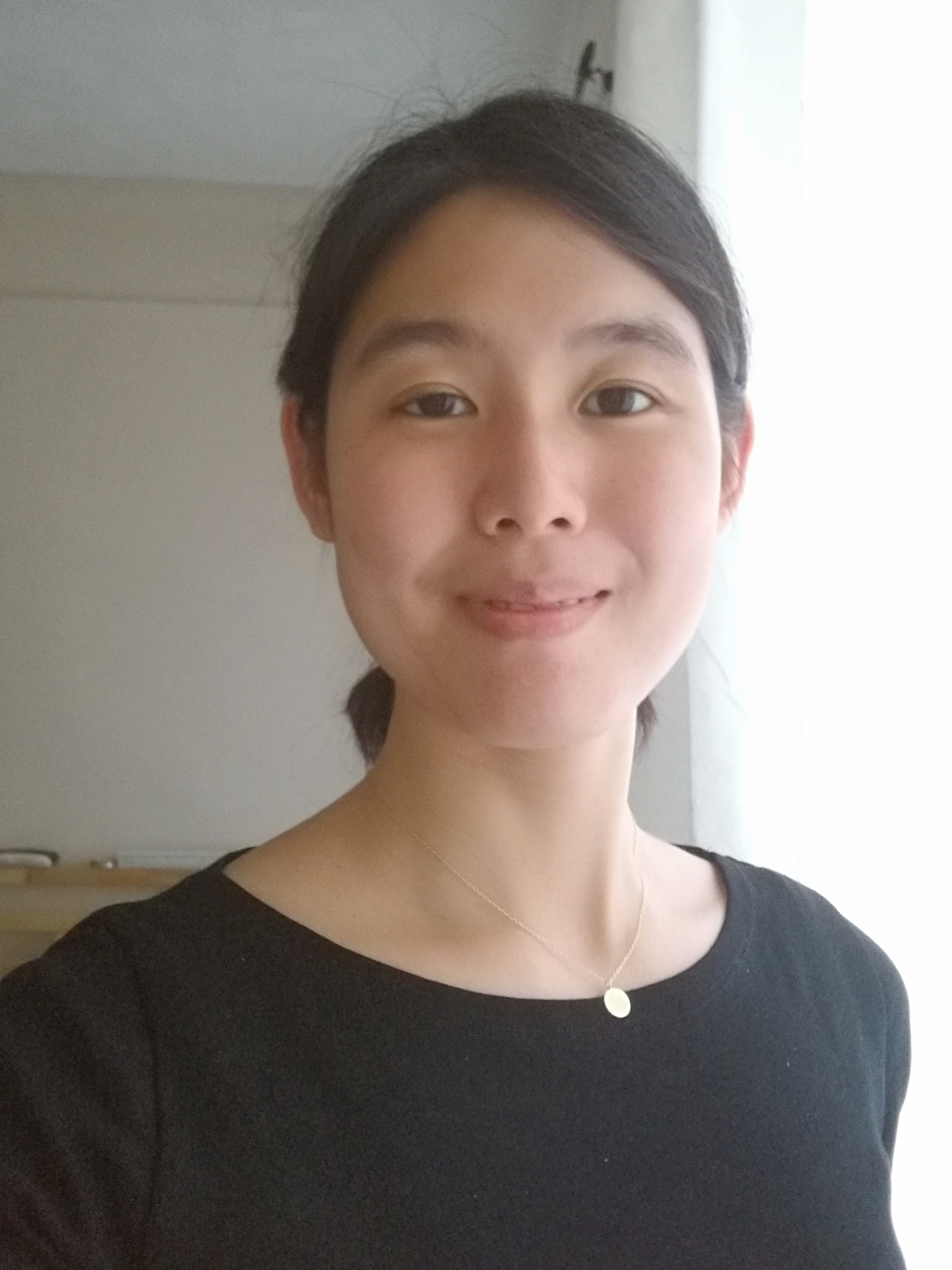
Erica Cao
- Alumni
- United States
- 2013 MPhil Music Studies
2017 PhD Music - Clare College
Erica Cao joined the Gates Cambridge community and began her PhD in Music in 2017. Her research interests are in the arts, health, and civil society. At the Cambridge Center for Music and Science, her PhD project is on the impact of music-making on civic engagement and social connectedness. She conducts field research through Humans in Harmony, a nonprofit organization which links students and community members to write collaborative and personalized songs. Before starting her PhD, she studied Psychology and Music Performance at Princeton University (BA), Music Studies at Cambridge (MPhil), and medicine at Columbia University College of Physicians and Surgeons.
Yung In Chae
- Alumni
- Korea, Republic of
- 2016 MPhil Classics
- St Catharine's College
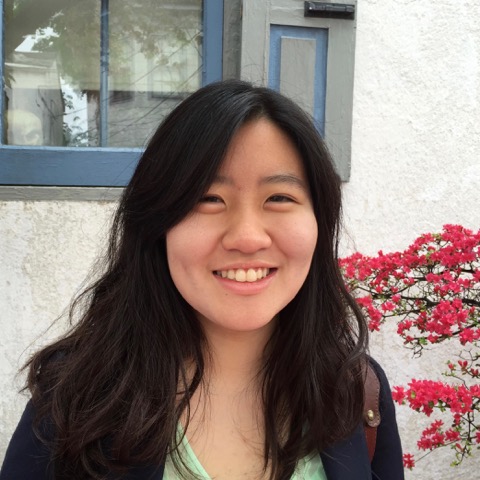
Yung In Chae
- Alumni
- Korea, Republic of
- 2016 MPhil Classics
- St Catharine's College
Hailing from Seoul, South Korea, I did not encounter the classics until my freshman year at Princeton University, when I enrolled in Latin 101 almost on a whim. The following summer I took a course in Ancient Greek, and thus began an intense affair with languages, as I soon added French, Italian and German to my collection—all of which enhance my work with the classics. As someone with extensive experience in speech and debate, I have an equally strong commitment to political issues. My interests are perhaps best exemplified by my job at the Paideia Institute, a nonprofit organization for classical study, where I am a Research Fellow and edit its online journal for writing about the ancient world in modern ways, Eidolon. I was also a Master's student in History and Civilizations at the École des hautes études en sciences sociales in Paris, France, where I researched Simone de Beauvoir’s classical education. I hope to expand on that project as I pursue an MPhil in Classics at the University of Cambridge, writing a thesis on the classical references in De Beauvoir’s The Second Sex while applying theory—particularly environmental and feminist theory—to the classics in order to gain insight into present-day problems such as the ecological crisis and gender inequality.
Previous Education
Princeton University
École des hautes études en sciences sociales
Adriana Cherskov
- Alumni
- United States
- 2014 MPhil Medical Science
- Trinity College
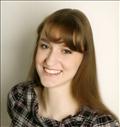
Adriana Cherskov
- Alumni
- United States
- 2014 MPhil Medical Science
- Trinity College
I graduated from Princeton University with a B.A. in Molecular Biology and Certificates in Musical Performance and Neuroscience. Neuroscience captures my curiosity unlike anything else. My academic work, including my senior thesis research, and volunteer experiences in the clinic and beyond have motivated me to focus on developing a better understanding of the pathophysiology of autism spectrum disorders, and by extension elucidating possible molecular mechanisms which would lead to more effective treatment. At Cambridge, I look forward to pursuing an MPhil in Medical Science (Psychiatry) and investigating transcriptional and epigenetic regulation in the autistic brain in the research group of Professor Simon Baron-Cohen. Ultimately, I plan to pursue a career as a physician-scientist in order to develop more effective therapies for such complex neurodevelopmental disorders as autism.








